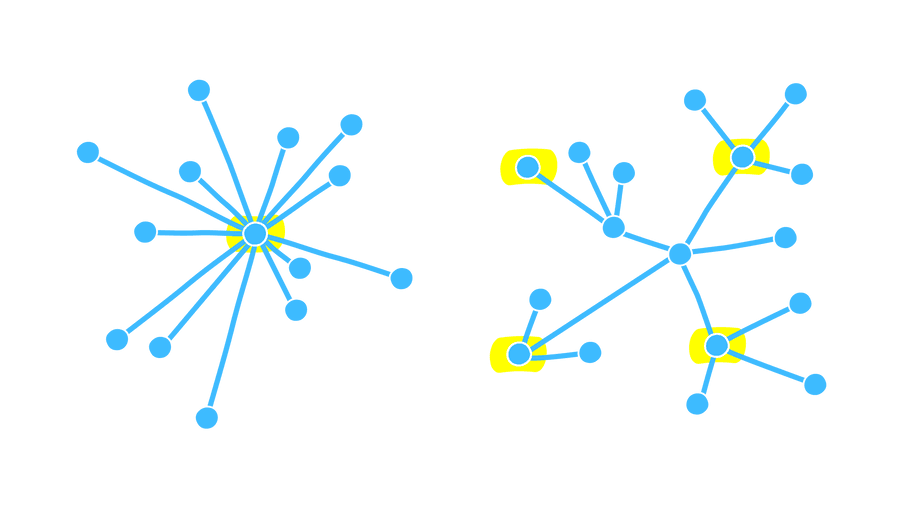Centralization Is Subscription
So here’s the centralization overreach, because everybody wants to be a subscription service. Everybody wants to have lock-in.
The shift towards decentralization is inevitable, but it is part of a cycle that is in its third iteration.
7
30 reads
The idea is part of this collection:
Learn more about crypto with this collection
The differences between Web 2.0 and Web 3.0
The future of the internet
Understanding the potential of Web 3.0
Related collections
Similar ideas to Centralization Is Subscription
Subscription Model
If you want a business model with retention baked right in, consider a subscription model for your next product launch. Customers sign up for the subscription and pay monthly for products delivered to their doorstep or inbox. Customers with a regular need for your products will love the convenien...
Trust In Remote Work Environment
There is a massive shift towards remote working and companies have a differing approach towards trust, with some moving towards increased surveillance and control, and others moving towards autonomy and decentralization of work.
Globally, trust in national, institutional and organizational...
The Unattractive Option
- The Unattractive Third Option (The Decoy) has no real value in itself and is just placed to sway the decision maker towards the higher-priced option.
- The Decoy's only purpose is to make the expensive option appear like a bargain.
- This has also been widely used in subscriptio...
Read & Learn
20x Faster
without
deepstash
with
deepstash
with
deepstash
Personalized microlearning
—
100+ Learning Journeys
—
Access to 200,000+ ideas
—
Access to the mobile app
—
Unlimited idea saving
—
—
Unlimited history
—
—
Unlimited listening to ideas
—
—
Downloading & offline access
—
—
Supercharge your mind with one idea per day
Enter your email and spend 1 minute every day to learn something new.
I agree to receive email updates


